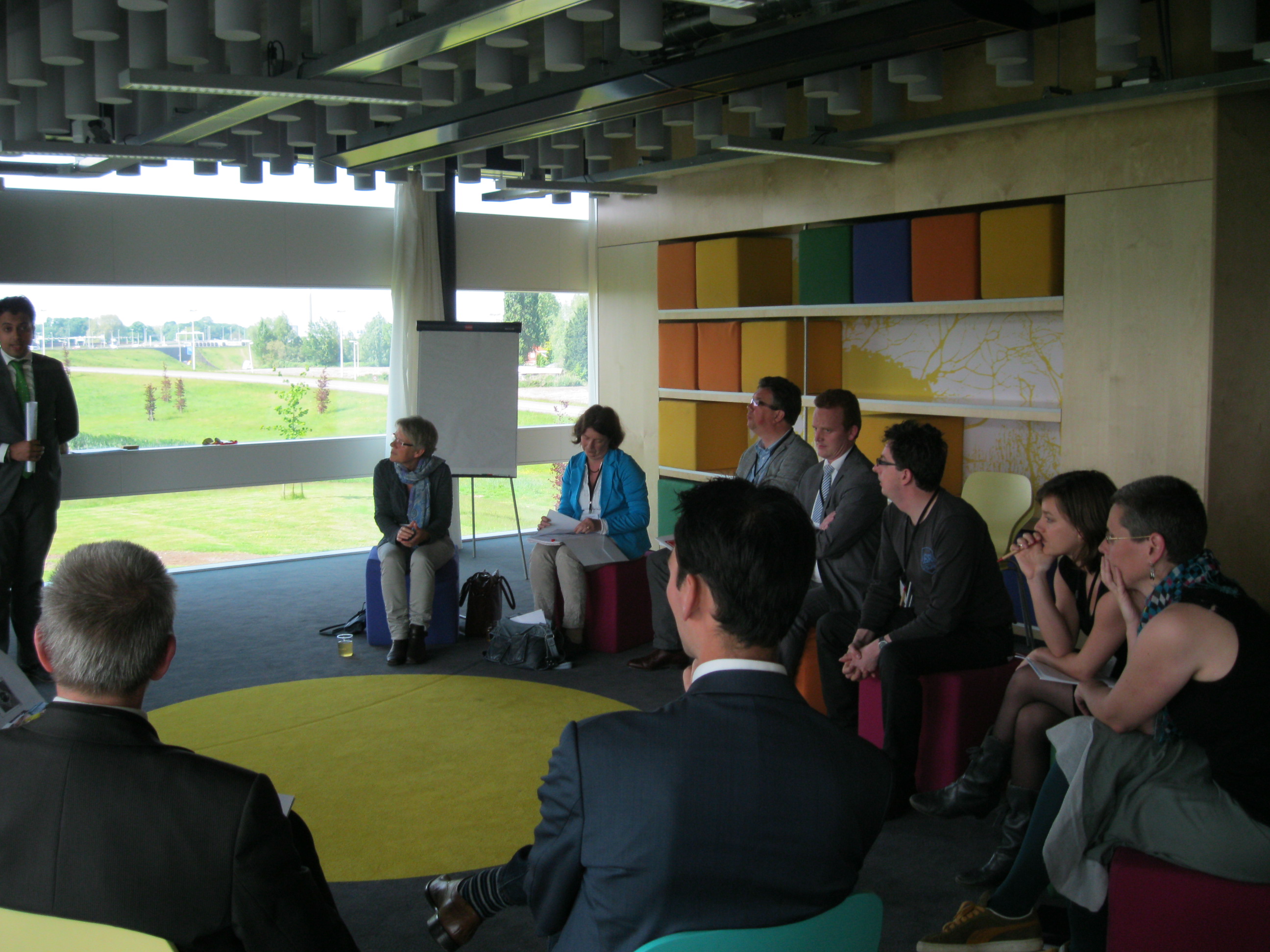It felt a bit like getting back into my old job at UBCM last Friday when I attended a meeting of city councillors talking about sustainability. My husband had been invited, but he asked if I would go in his place and report back, knowing that I would find it interesting.
It was interesting, and in a way, like I had never left. The problems we face haven’t changed, only gotten worse. The first keynote, from Dutch journalist Bernice Notenboom, showed the problems, with selections from an upcoming video series (to be aired in October) about climate tipping points. She showed us five of the places in the world where changes are approaching a tipping point, a point that could have drastic consequences for the climate, from melting sea ice and permafrost to sand in the atmosphere. She had beautiful videos and a good story, but it left me wondering if this presentation would be effective. It was scary, but I know that by themselves gloom and doom messages don’t really inspire change. People tend to react with despair, which actually makes them less likely to do anything. However, they can be effective in combination with an action plan that will make them better – think about evangelical preachers and other sales people who first bring us down and then offer salvation.
In this case, salvation was provided by Jacqueline Cramer, former Labour Party cabinet minister and current director of the Utrecht Sustainability Institute. She even alluded to what she was doing, telling the assembled council members that it was depressing, but that they could help to change things. She talked about how stand alone innovations, such as solar energy and rainwater barrels, could help but how integrated systemic innovations can be even more effective. She also mentioned how she spearheaded the ban on incandescent light bulbs in the Netherlands, something that would not have happened without her being willing to stand up for it. And how many companies are asking her now how they can be more sustainable, not needing to hear about the need for sustainability any more, just the strategies. She talked about a competition for a Climate Street Party (link in Dutch). Streets compete to see who can save the most energy, getting all of their neighbours involved, and the winning street gets a party. She also mentioned the We Want Sun (link in Dutch), an organization that helps people and businesses buy affordable solar panels. But most of all, she stressed the need for buy-in, for helping people to change what they do.
This theme was carried over in the session I went to about energy, with presentations by a councillor who had helped to make Lochem into a leader in locally produced energy. He had a couple of interesting strategic points, including that his goal was to be both non-political about it, and so much as possible get things started and then turn them over to a committee of citizens. He also pointed out that getting local leaders (like neighbourhood organizers or the chairman of the swimming pool) involved can be really helpful in building support, not to mention that the people involved tend to have their own useful skills. He pointed to the need for patience and a lack of vision – ie, not knowing precisely where he wanted to go in terms of numbers. He mentioned that when organizations want subsidies, he can point out that they can make money for themselves by erecting windmills, and that these organizations also have members who will then be influenced by what they see. And finally, he mentioned the importance of persuasive story-telling, being able to paint a good picture of what the world will look like in the future and how we can accomplish what we want to do.
The second presenter was from the Party for the Animals, the only councillor elected from his party in the City of Amsterdam, who surprisingly for stereotype believers, dressed like, and was, a businessman. His presentation was interesting as a look of what a very small party can get accomplished. They also mentioned that they like to get things going and then let others take over, which makes a lot of sense when resources are limited. He pointed out that we should “never waste a good crisis” and how they used rising energy costs and unemployment, as well as the living situation in Amsterdam (lots of renters in old buildings) to put forward a sustainability loan program. This program provides cheap loans for insulating houses. The program has been successful.
After the presentations, the discussion turned to how, really the problem was getting people to come along. Some good examples were mentioned, but overall the feeling was that it would be difficult. And that’s really why I felt like I hadn’t left. The same problems that I’d started wrestling with during my masters program are still here, and still the biggest issue. And that’s where I’m now hoping to pick up and go further.


